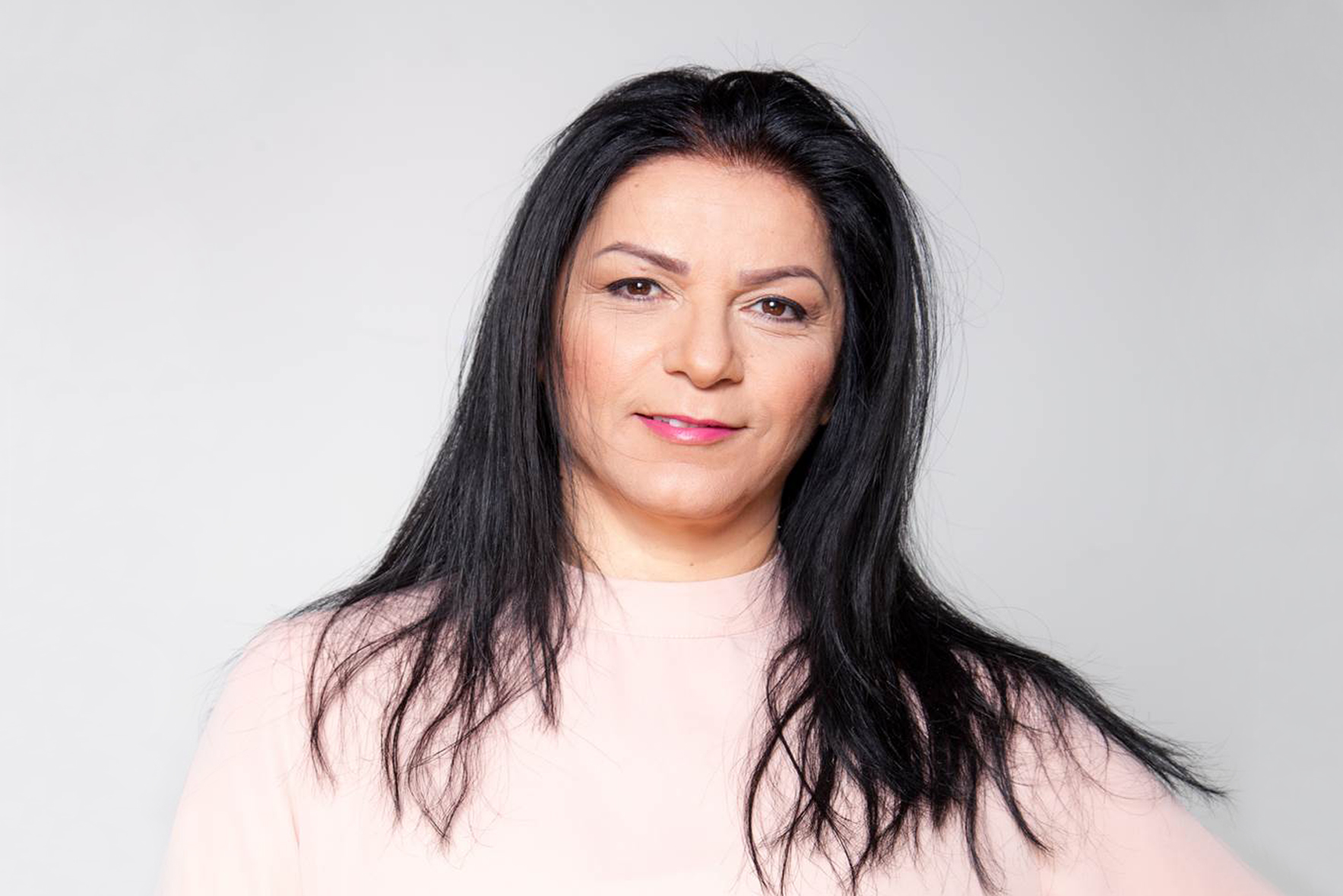The data of the past decade are not flattering for gender equality in the Israeli economy, with only ~8% of the chairmen of the boards of directors being women, but all hope is not lost. Kiram Baloum, CEO and founder of Jasmine, the woman stirring thousands of women and enrolling senior leaders in the economy to the task at hand, explains how to build an avenue of female economic and social leadership for Israel
Just moments before the current decade ends, I would like to share with you the gloomy picture that is the current status of gender equality in the Israeli economy, as evidenced by a review of international and national reports we conducted throughout the past decade: 18-22 percent of directors in the largest companies are women and only 8 percent serve as Chairman of the Board, along with an embarrassing ranking for Israel in the 64th place in the world out of 153 countries (a drop of 18 ranks) in the indices of women’s representation in politics, wage gaps and more.
When it comes to senior management positions in the economy, one can simply look up and take a long hard look at our own reflection – only four women served as CEOs in the Israeli government offices last year; when looking at the broader picture, the proportion of women CEOs in companies in the last decade was less than 20%.
Will we make the change in the next decade and women will take a more significant part in key roles at the leadership and decision-making junctions, and how may this affect the economy and society as a whole?
This is how you build a women-leadership avenue in Israel
The answers to these questions are in our own hands. Where gaps have been created that the government and the administration cannot bridge over – we stepped up and together with Mrs. Ofra Strauss founded Jasmine, which promotes women business owners, both Jews and Arabs, of all occupations, to lead the desired change we wish to see in the world with actions. Only ACTIONS.
Our first breakthrough resulted from our ability to identify and diagnose the unique needs of independent businesswomen and then, develop unique and practical programs specifically for them. In doing so, we first sought to help them grow professionally, strengthen their financial independence, inspire them and, just as important, provide support, and help them find the courage to leap forward. At the same time, we have developed a complete shell, which will create for them the opportunities to integrate into senior positions. In order not to leave you in suspense, I can already say that we are concluding this decade with proven results; we have succeeded in developing the foundation and the model for establishing a women’s avenue of socio-economic leadership for Israel, one that will transform society in the coming decades.
Moving on to the shell I mentioned earlier, it is important to understand that these results did not magical occur. The model is based on creating and expanding the circles of cooperation, between women, between them and seniors in the economy, local companies, and leading organizations. The power of the Jasmine model, which I call on the government to adopt, lies in its collaborations. So far, dozens of donors, companies and organizations in Israel and around the world have collaborated with Jasmine, seniors in the economy attend meetings and conferences one after the other, join the association’s programs mentors’ community, forming personal connections and providing professional mentoring.
Forming a women-leadership circle
One of the best examples of the way a women’s economic leadership avenue should be formed is the “Izun” program, for training and integrating women into boards of directors and senior positions, which marks the fourth annual class this week, with unprecedented success, having 45% of the graduates of the program’s 4 classes serve in senior positions. How do you do that?
It is not enough to read the map, identify the needs and the appropriate women. Nor is it enough to train them professionally. In the current reality, we must also pave the way to the top for them. Thus, for example, directors serving in public and government companies, entities such as the Women Leaders for Change in Israel Forum, opinion leaders and senior policymakers, women who have already gone through the process and managed to reach senior positions – must all be recruited to accompany the women who are now starting their way and provide them with personal tips, networking, inspiration bestowing their learnings merited throughout their vast experience.

